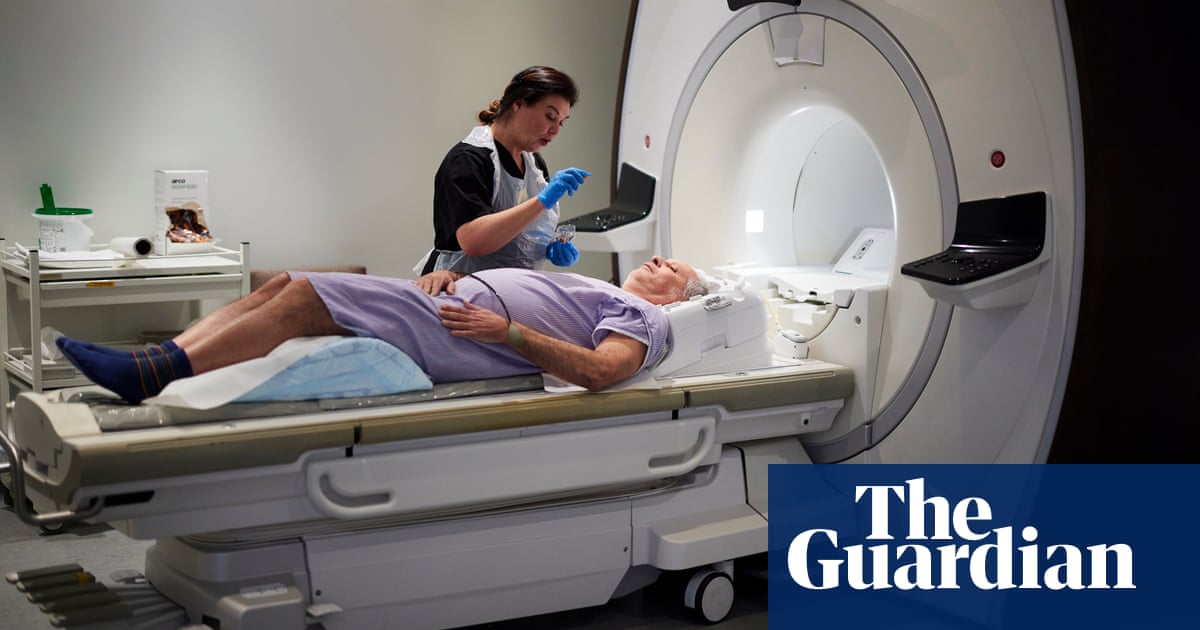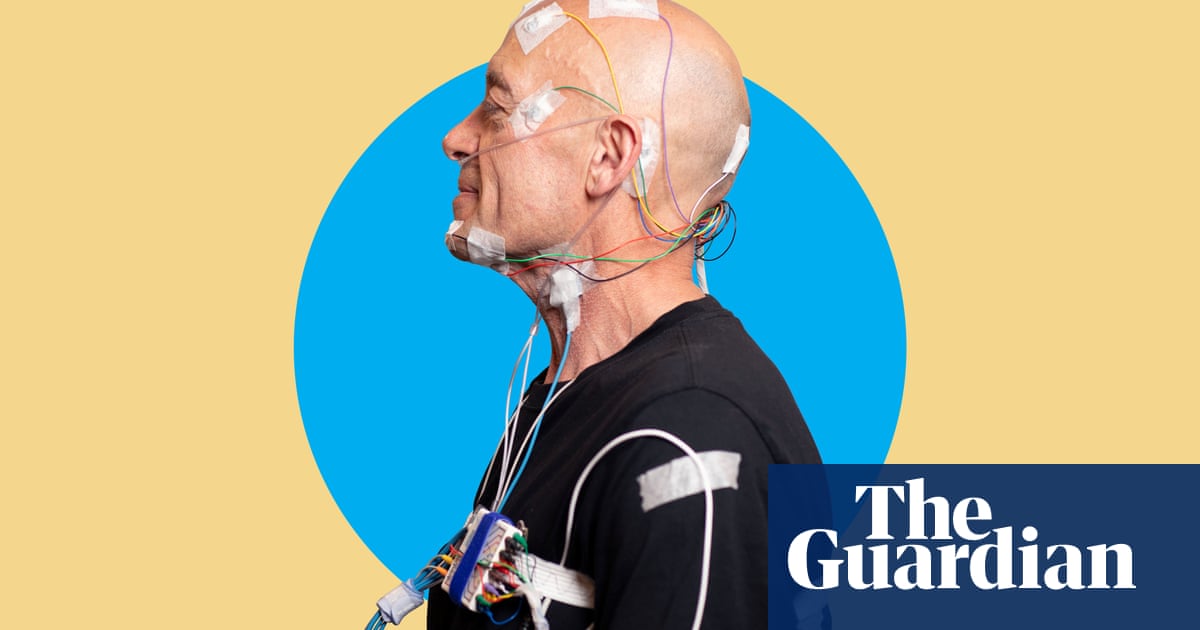
Last autumn, I fell in love for the first time in at least 20 years.
That enormous feeling overwhelmed me like fall in New England or a natural disaster. I knew I was in serious trouble when I found myself patiently, even blissfully, ironing his shirts. Who the hell am I right now, my besotted self thought. In a flash of recognition, I knew: I was a woman taking care of a man.
Cue my dormant alarm system, long ago set to self-preservation, now rebooted with a scream and a blare. Domestic tasks, particularly those in service of a man, are a well-established signal for me to run as fast as I can the other way. Snap out of it, this is a trap! Care is a woman’s most dangerous gateway drug. Pick up the dry-cleaning once and the next thing you know, you’re knocked up and wondering where your writing career went.
Just don’t get pregnant, is the most salient bit of advice my divorced father ever gave me.
•••
It takes a lot of money, discipline and medical access to not have children. There’s also some hell to pay for it, even today: namely, the too-personal inquiries (our female bodies are never our own), the loss of social status (mothers are the moral future of the nation) and the steady blows to our respectability that society gleefully lands.
Childlessness is almost as radical today as it’s always been, a fact that belies the numbers: in 2018, 15% of women between 45 and 50 were childless.
As I’ve aged – I’ll turn 52 this year – my appreciation for the liberties I’ve chosen has only grown. Like a free agent, I’ve always revelled in my actions without restrictions, my decisions without ramifications. I could move to the other side of the country, then move back; spend three months making sandwiches in a cafe in Alaska; throw all my savings into a furniture store for a short year; then cut and run with a backpack across the African continent for another.
I loved, lived, and slept with whomever I pleased. I keep a Post-it in my wallet that says, “I can do anything I want to.”
But the freedoms that come with childlessness are much more profound than the thrill of wild adventure, wild sex or wild precarity. I have the time to think, to be creative, to cultivate a career of my own curation. Now that I am biologically incapable of having children, thanks to menopause, I have a fresh perspective on the nature and possibility of reproductive choice.
When speaking with younger female friends who are struggling with the children question, I rely on different arguments to reassure them that it is absolutely possible to have a satisfying and fulfilling life without children.
Among them: every day I didn’t buy diapers, I was sticking it to the man. The American Dream is a corporate wet dream: the house with a two-car garage, white picket fence, and an UPPAbaby Vista stroller for $899.99.
Capitalism is deeply invested in incentivizing the mythical traditional family – even as it impoverishes and undermines actual families. Tax credits benefit married couples and parents – which is great, but these policies leave non-traditional families to fend for themselves. For decades, social conservatives have wrongly seen fatherlessness as a family crisis, bemoaning divorce and out-of-wedlock motherhood, and devising policies that support “traditional” families – as they define them, straight, married and mortgaged to the hilt.
Neoliberalism offered little relief, seeing women who were liberated from the kitchen as a new and exploitable sector of the workforce. Paying women less than men – in 2019 women earn 79 cents to every male dollar – serves two nefarious purposes: it provides corporations with discounted labor, and it keeps women dependent on men.
(Let me tell you, ladies, nothing makes it easier to get out of a bad or even violent marriage than having your own money.)
Still, domesticity is a compelling narrative, the story of a life of order, stability and security – and most of all, enduring love.
I’ve fallen for it a couple of times. Birth control set me free.
•••
By gendering domestic labor – women’s work is cleaning, cooking, caring for children, spouses, and increasingly, elders – religious conservatives (and let’s be honest, society at large) ensure that male headship and female subservience continue.
Once I figured out that if I didn’t dirty the dishes I didn’t have to wash them, I was liberated from unfair and unequal domestic responsibilities. It’s much harder to get out from under domestic labor when you have children, your husband earns more than you do, and daycare costs more than you would earn at a job.
What’s more, women are still told that our value is in our domestic achievements, so we put our all into being good homemakers, mothers and wives. “It’s hard for me to understand when cooking became more repression than liberation,” Lyz Lenz wrote for Glamour in 2018, “more act of obligation than act of creation. This thing that had sustained me now felt like a prison. And whose fault was it? It certainly wasn’t all my husband’s.” We fool ourselves (and each other) into thinking that if we love the task, we’re not oppressed.
If our labor is coded as love and kindness, those most feminine qualities, or even achievement and pleasure, men are free to pursue their own interests without being encumbered with family care. Lenz’s husband used to rate her meals, never giving her a five out of five because he didn’t want her to stop trying so hard to please him. That’s patriarchy, sisters.
•••
There’s no way I could do what my sister – the mother of two teenagers, and a homeowner with two part time jobs – does in a day. Nor would I want to.
If time is money, time is also children. Mothers today can have everything – marriage, a career, a beautiful, clean home, health insurance, doting children – but only if they can afford the domestic help doing so requires.
Not having children has allowed me to direct that time and attention to my work and my community. And if the world needs anything right now, it’s strong communities.
I spent thousands of dollars and countless time and anxiety trying not to get pregnant during my reproductive years. Two abortions and decades of birth control later, I’m one of the lucky ones.
Around the world and across the US women still struggle to control their own reproductive health. Recent attacks on abortion and birth control are as revanchist as they are destructive to women.
Family planning, studies continuously show, improves the lives of women and children, from better health outcomes to higher education rates. We honor the lives of our sisters by working to preserve access and affordability of reproductive services.
•••
There are other misleading stories that young women are told about not having children. Once and for all, let’s dispel them: everyone dies alone and having children will not ensure that someone will sit by your deathbed; nor can we expect our children to financially or emotionally support us (and besides, that’s a terrible expectation); women are no better at so-called domestic tasks than men, we’ve just been scapegoated into cleaning and cooking; sure enough, a mother’s children are the most important thing in her life, but if you have no children, well, some other most important thing gets room to be and become.
By some luck of the draw, some DNA hiccup, by the lessons of a hideous childhood and the measure of the lives of my female forebears, I knew early on that I wasn’t cut out to be a mother. Or, to put it quite another way, I intuited that I had different priorities – and options! – than my meticulous Mennonite grandmother, who raised four children, kept a one-acre garden, taught preschool at church and cleaned the house, top to bottom, (even behind the refrigerator) the very same day every week for more than six dozen years.
Menopause has only added more nuance to the vital question, who the hell am I right now?
I am a woman who has no regrets about not having children and who knows the clear difference between caring for others and respecting myself. It is our obligation as women to help others understand and embrace this difference. Sometimes an ironed shirt is just an ironed shirt.
Ann Neumann is author of The Good Death and a nonfiction contributing editor to Guernica magazine. She’s working on a book about place and memory












